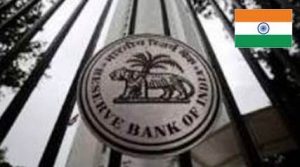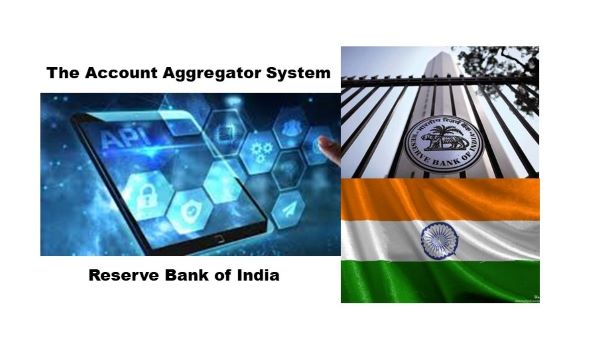Financial Inclusion: India Aims to Open Finance to Millions With User-Data System
- New approach designed to give more people access to banking
- Lenders, fintech firms to benefit from bigger customer pool
India unveiled a data-sharing system that could revolutionize investing and credit, giving millions of consumers greater access and control over their financial records and expanding the potential pool of customers for lenders and fintech companies.
Regulators agreed to allow banks, pension funds, tax authorities, insurers and other finance firms to pool together customer information — once the user consents — to make transactions smoother. If the system works, firms will be able access large amounts of data within seconds to assess the creditworthiness of a small business, recommend a wealth management product for an individual, or tailor an insurance policy for a family.
The Account Aggregator system, years in the planning, was formally introduced on Thursday. It’s an ambitious approach that combines privacy protection with credit reporting. Here’s how it works:
- On one side are Financial Information Providers, such as banks, tax authorities and telecom operators, which possess financial information about people and businesses and can provide it in a standardized format
- On the other are Financial Information Users, such as non-bank lenders and fintech firms, which seek data held by FIPs but have thus far had to deal with a cumbersome and costly process to access it
- In the middle are account aggregators, who are working as intermediaries to smooth the flow of data and reduce the time required to process information
The approach could be a game changer in a country where millions of underprivileged individuals and small businesses are denied loans because they lack collateral and the relatively young credit-rating system covers only a tiny fraction of the population. It could expand the potential pool of customers for lending startups such as NeoGrowth Credit Pvt and Lendingkart Technologies Pvt as well as technology giants including Amazon.com Inc. and Facebook Inc. that are expanding in India’s fintech market via products such as loans to small businesses.
“The Account Aggregator model will help in the democratization of data and shift the power over data accessibility and usage to owners of data rather than the holders of data,” said Rajeshwar Rao, deputy governor of the Reserve Bank of India, speaking at the launch
Rathanlal Jain, who owns a tiny store selling party supplies such as festoons and decorations in Bangalore’s swarming Nagarathpet commercial neighborhood, is among the beneficiaries. The 30-year-old businessman gave his consent for the system to grant Lendingkart access to his bank statements. The startup’s algorithms crunched 10,000 variables on the information to determine that Jain was eligible for credit. “Nearly 600,000 rupees ($8,210) came swiftly into my bank account without any collateral,” said Jain.
Lendingkart has processed more than 2,000 loan applications like Jain’s via the new system in the past weeks and approved a third of them. Without the new system, accessing and processing the customer data would have been significantly more laborious and time-consuming.
“Over 120,000 customers approach us each month for credit but just over 10% of them are able to provide us the digital financial data to process their applications,” said Deepesh Goel, head of strategy at the Bangalore-based startup. “The Account Aggregator system could bridge the data gap and make nearly 90% of businesses eligible to seek digital credit.”
The system lets users pull together all kinds of financial data — starting with bank statements but eventually even mobile bill payments, tax filings and retirement fund balances — that they can then choose to share instantly and temporarily in pursuit of loans, investment products or even insurance. The country’s gargantuan goods and services tax system is expected to come onto the system to provider users’ and businesses’ financial data.
 The Account Aggregator system, India’s newly established digital rules and practices lay the groundwork for the data-sharing system. The central bank now requires financial data to be reported in a standard, machine-readable format, which means it’s easier to automatically slice and share.
The Account Aggregator system, India’s newly established digital rules and practices lay the groundwork for the data-sharing system. The central bank now requires financial data to be reported in a standard, machine-readable format, which means it’s easier to automatically slice and share.
Source: Bloomberg.com
Also Read:
- Directions regarding Registration and Operations of NBFC – Account Aggregators under section 45-IA of the Reserve Bank of India Act, 1934
- Reserve Bank of India (RBI) and Government Arms to Build new Borrower Database


























